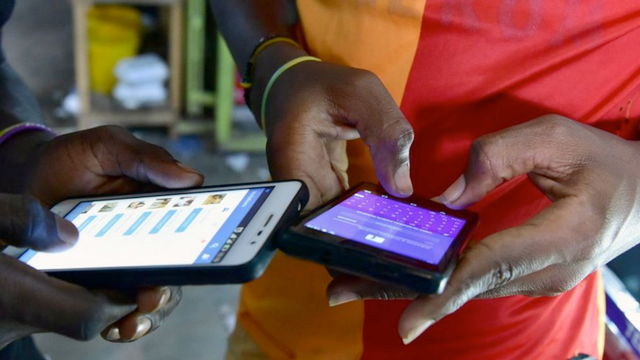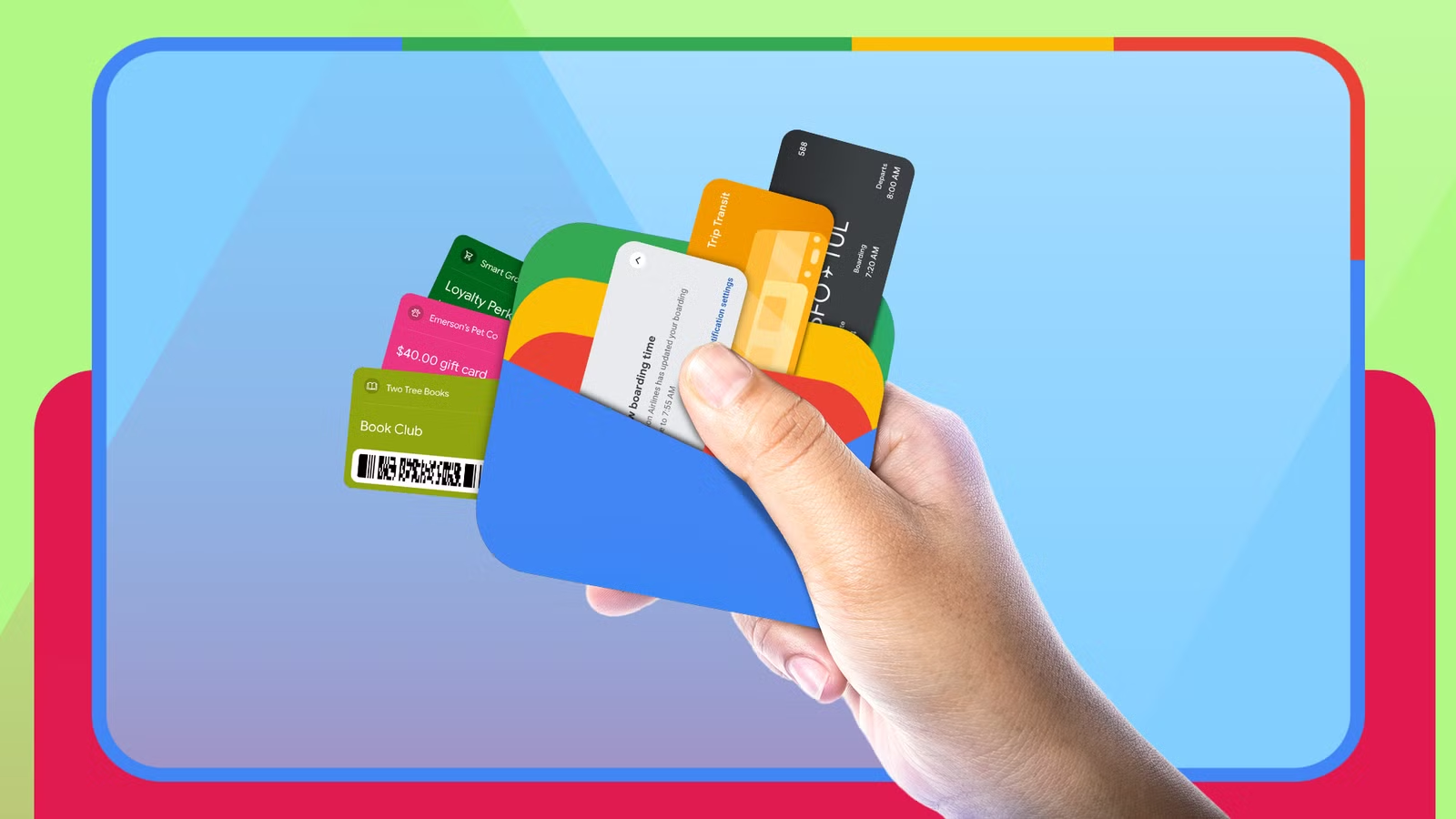⇓ More from ICTworks
By Wayan Vota on February 20, 2025
A few years ago, MIT, Georgetown, and the GSMA proved that mobile money can lift women out of poverty. Then we learned that mobile broadband Internet access reduces poverty in rural Tanzania and increases household income in Vietnam.
Now we have a new report that shows mobile broadband Internet access increased Nigerian household consumption by 10% and reduced extreme poverty by 8% during Nigeria’s mobile broadband expansion. It presents one of the most compelling cases for prioritizing digital connectivity in low and middle-income countries (LMICs).
Mobile Broadband Access Reduced Poverty
Between 2010 and 2015, Nigeria’s mobile broadband coverage more than doubled, increasing from 21% to 51%. This resulted in a remarkable 10% increase in household consumption and an 8% reduction in extreme poverty among households that gained coverage. More than three million Nigerians were lifted out of extreme poverty during this period alone.
The poverty reduction is not just correlation – the World Bank and GSMA’s rigorous study used longitudinal data and high-resolution coverage maps to establish causation. They even conducted a quasi-random experiment focusing on households that gained coverage “by accident” due to their proximity to mobile towers, eliminating selection bias.
3 Mechanisms Driving Economic Improvement
The well-designed research showed that economic uplift associated with mobile broadband Internet access can be attributed to several key factors:
- Enhanced Labor Market Participation: Households in areas with mobile broadband coverage saw an increase in labor force participation by nearly 3%, along with a 2% rise in wage or salaried employment. Access to the Internet broadens job opportunities and enables firms to tap into a wider talent pool, facilitating better matches between employers and potential employees.
- Access to Information and Services: Internet connectivity provides individuals with access to information, educational resources, and services that can enhance skills and productivity. This access is particularly crucial in rural areas, where traditional infrastructure may be lacking.
- Market Expansion for Businesses: For entrepreneurs and small businesses, internet access opens up new markets and customer bases, both locally and internationally. This expansion can lead to increased sales and business growth, contributing to overall economic development.
Policy Implications for Digital Development
The Nigerian experience offers valuable insights for digital development practitioners and policymakers aiming to leverage technology for poverty reduction. We should be investing in:
- Supportive Policy Frameworks: Establishing policies that encourage the expansion of broadband networks, especially in underserved rural and remote areas, is essential. This includes reducing regulatory barriers and providing incentives for private sector investment in digital infrastructure. The Nigerian case shows that rural households saw particularly pronounced welfare effects when we decrease the digital divide.
- Addressing Demand-Side Barriers: Improving affordability and digital literacy is crucial to ensure that all segments of the population can benefit from internet access. Special attention should be given to vulnerable groups, such as women and people with disabilities, to bridge existing digital divides.
- Complementary Policies for Maximizing Benefits: Investments in digital infrastructure should be accompanied by policies that enhance high-quality public goods and services to help people leverage their digital access effectively. This holistic approach ensures that the benefits of connectivity translate into tangible improvements in welfare and economic opportunities.
The COVID-19 pandemic starkly demonstrated how digital divides can exacerbate existing inequalities. While global mobile broadband coverage has improved dramatically – with only 4% of the global population lacking coverage in 2023 – Sub-Saharan Africa still lags at 13%. This coverage gap represents both a challenge and an opportunity.
The evidence from Nigeria offers us a clear roadmap: investing in mobile broadband access isn’t just about connecting people to the internet – it’s about connecting them to opportunities for economic advancement. When Internet access results in millions being lifted out of poverty, we can’t afford to treat digital connectivity as a luxury. It’s a fundamental tool for development.
Now Read These Related Posts
Filed Under: Economic Development, Featured
More About: Academic Research, Infrastructure, Internet Access, Mobile Broadband, Mobile Internet, Nigeria, Poverty


